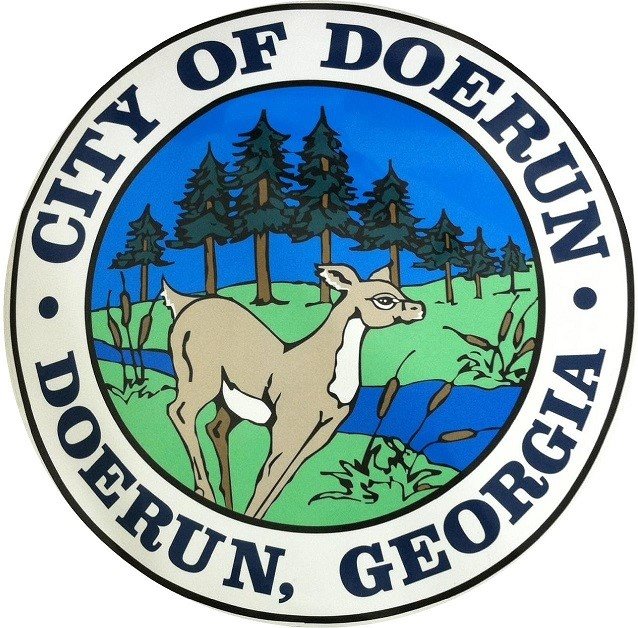VSU Planetarium ‘defends’ Earth
Published 9:45 am Wednesday, April 25, 2018
VALDOSTA, Ga. — Earth’s planetary defense will be the topic of the final planetarium show of the season
Friday, April 27, “Defending Earth” organizers discuss the “possibility of asteroid impacts, preventing contamination by returned samples from other solar system bodies and preventing our own contamination of other bodies in our solar system.”
NASA has a planetary defense coordination office, and with partners around the world, monitors the sky, identifying and characterizing material which might hit the planet, assessing the danger and educating the public, according to university officials.
Earth collects about 80 to 100 tons of debris a day from space. Although most of the debris is small, some objects are large enough to be seen as fireballs and some are large enough to explode in the atmosphere or hit the surface, according to university officials.
Contamination by foreign materials is also an issue; the Apollo astronauts were quarantined on return from the moon, but moon dust made its way to Earth anyway. Some meteorites come from the moon, Mars and perhaps other solar system bodies.
In order to prevent contaminating worlds with water or prospects of life (particularly Titan and Enceladus), the Cassinimission was terminated by plunging it into Saturn’s atmosphere.
And the Marshall Space Flight Center’s Meteoroid Environment Office monitors impacts on the moon, assessing possible damage to our satellites.
Three shows will be offered: at 7 p.m., 8 p.m., and 9 p.m. Friday, April 27. Seating is limited to 47 per show, and admission is on a “first come, first served” basis. Reservations for all shows will be taken beginning promptly at 6 p.m. on April 27 in front of the planetarium.
Tickets are free of charge, and are limited to seven per person. The planetarium is located in NH 3004 on the third floor of Nevins Hall. If weather permits, the VSU Observatory will be open for public viewing from 7-10 p.m. For further information, contact the Department of Physics, Astronomy and Geosciences, (229) 333-5752.





